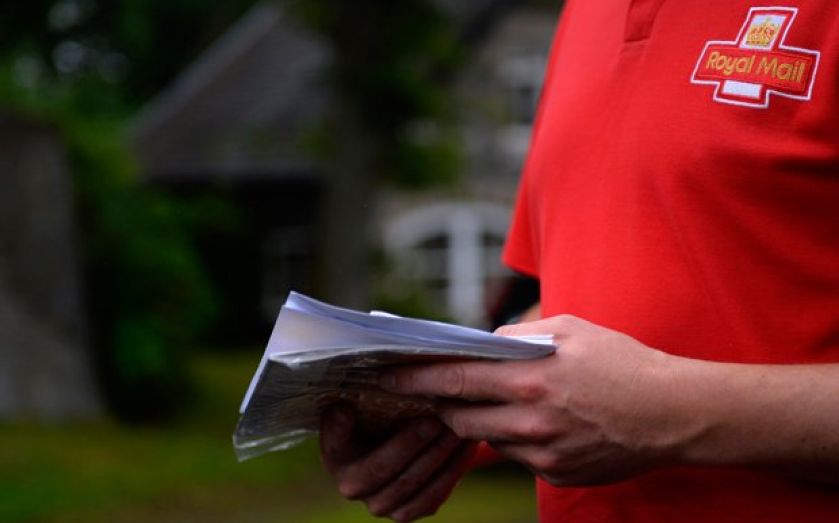Pricing Royal Mail: Welcome to the free market

LIKE several hundred thousand other ordinary investors, I emerged from Royal Mail’s flotation with 227 shares in my Isa. I don’t normally apply for Initial Public Offerings (IPO), and this one certainly didn’t come without risks. The terms of privatisation required the company to preserve the universal service and Saturday deliveries, which have been dropped by other postal services on the continent as uncommercial. Combined with a trade union that was extremely hostile to privatisation, it didn’t sound like a dream investment.
Coming as it did with these risks attached, the government knew shares would have to be priced at an attractive level. I took the chance, in full knowledge of the dangers. I was lucky.
It certainly isn’t the case that investors always make a good premium on privatisations. Remember when the remaining chunk of BP was privatised in 1987. On 14 October, 330p per share must have looked like a great deal – when all the listed shares were trading at 350p. But Black Monday, on 19 October, put paid to that. By 27 October, BP was trading at 262p, leaving investors nursing 25 per cent losses. The Canadian lead broker Wood Gundy went out of business as a result.
Privatisations can vary enormously. Britoil’s IPO went largely unsold, while British Telecom nearly doubled on its debut.
Royal Mail, meanwhile, was cautiously priced. Loud voices are now proclaiming that the Department for Business could have pushed the initial share price much higher. But hindsight is always easy, and more than a marginal increase might have put off casual investors, like me, who took a chance that the company would be more successful in the long run with access to private capital and subject to commercial disciplines. The substantial share price increase since shows that there were even greater efficiencies to be found in the way Royal Mail is run than anyone predicted.
There will always be critics. But this privatisation has been a success for the company, which is more sustainable for the long term, for taxpayers, who no longer have to prop up a universal postal service, and for staff, who got 10 per cent of the shares. The government should now look at putting its residual 30 per cent of Royal Mail on the market to benefit from the share price rise.
Further, the government will need a fair wind behind it when, in the not too distant future I hope, it sells its stakes in Lloyds and RBS. Investors are still wary of the banks in the wake of the crisis, and they’ll need to believe they can make money. No guarantees, of course. Another Black Monday may be just around the corner.
But there will always be risks. Pricing public assets for sale will always be a matter of judgement; picking the right moment will always involve a bit of luck. The National Audit Office yesterday commended the Department for Business for appointing a team with the professional experience to organise the IPO, and for taking independent advice. But the point is, you never can tell. Welcome to the market – it’s a lonely place.
Simon Walker is director general of the Institute of Directors.